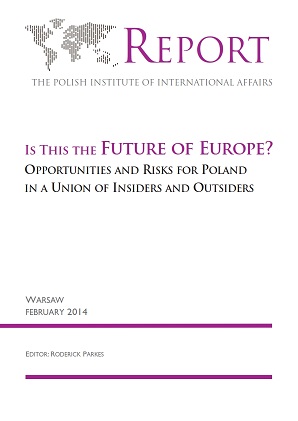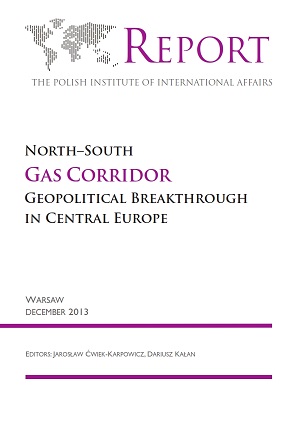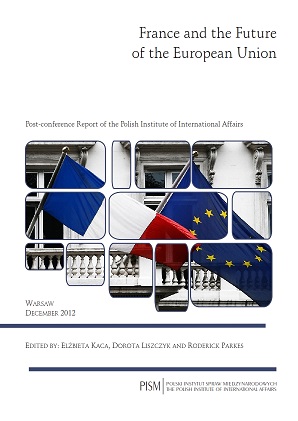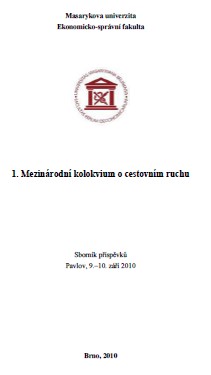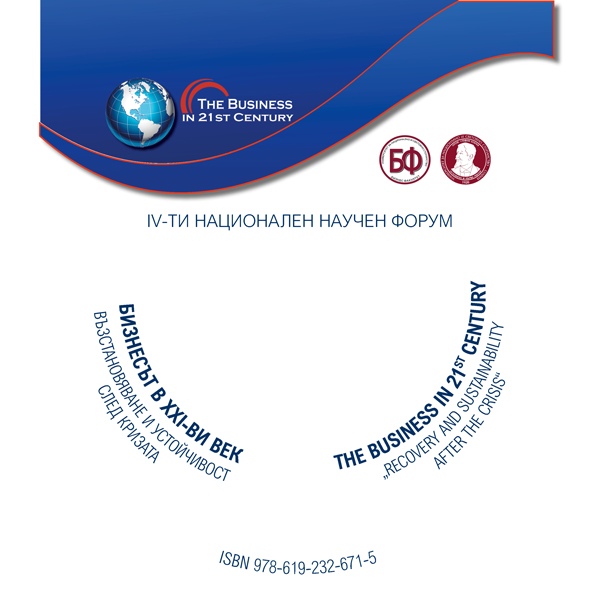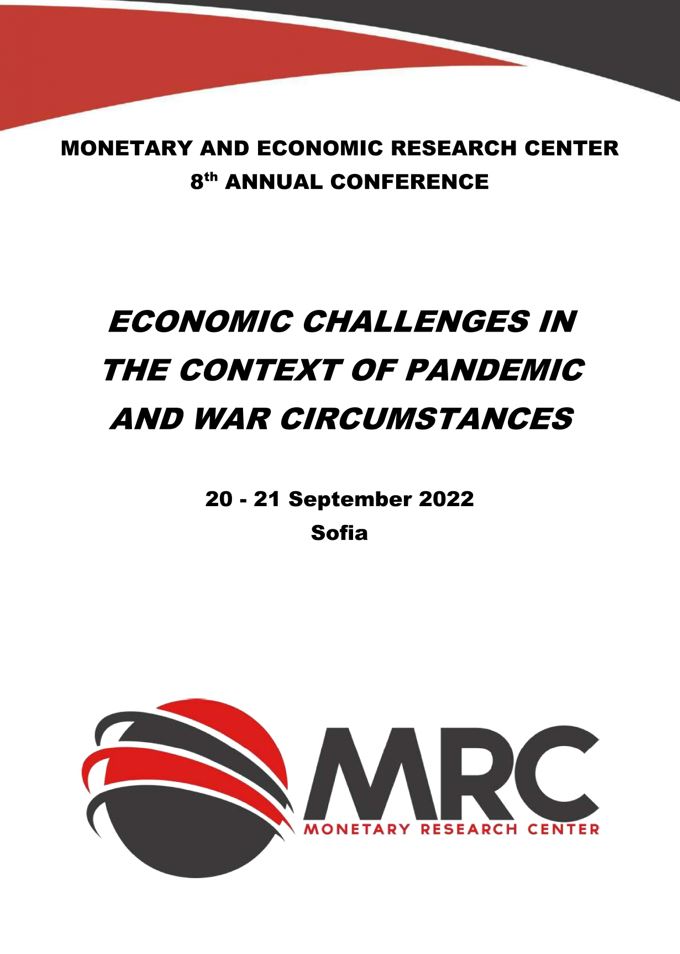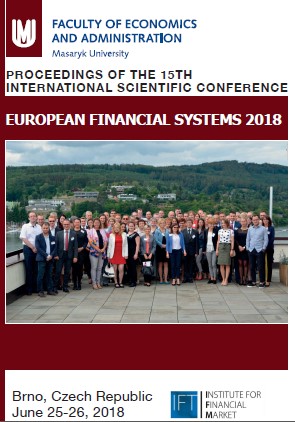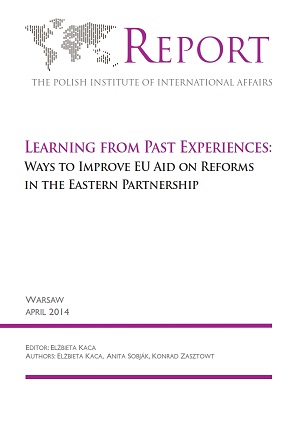
Moldova: Good Grades, but Could Try Harder
This section presents how budget support has been used in Moldova. In this country, several budget support programmes were launched in the years 2007–2013. Currently, there is one implemented operation in social assistance, five operations ongoing in the health, water, rural development, energy and justice sectors, and two new ones planned for launch on visa liberalisation and vocational education. The total amount of money planned for these eight operations (including the two newest ones still under preparation) is €332.2 million, of which some 52% has already been disbursed. Sector budget support has been the main EU assistance tool in Moldova, making up about 74% of the overall financial envelope proposed by the National Indicative Programme (NIP) for 2007–2010 (€209.7 million) and approximately half of the budget in the NIP for 2011–2013 (€273.14 million). Such a contribution looks particularly impressive if compared to the state budget of Moldova, of which it represents about 4–5% (the highest contribution among the EaP countries). Moldova has obtained additional resources under the “more for more” principle (€28 million).
More...
